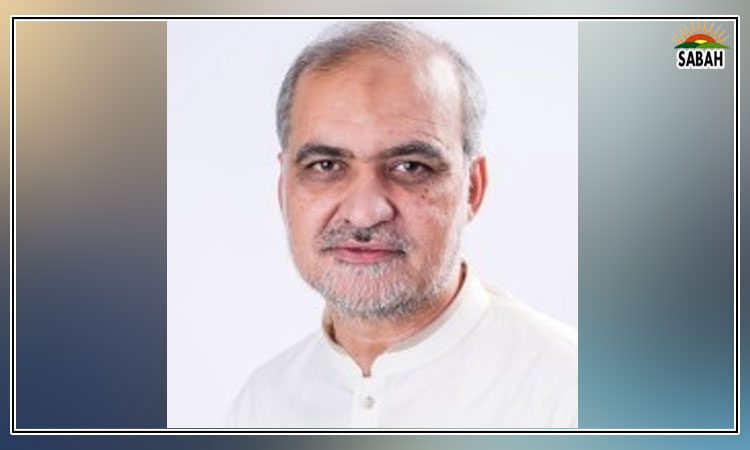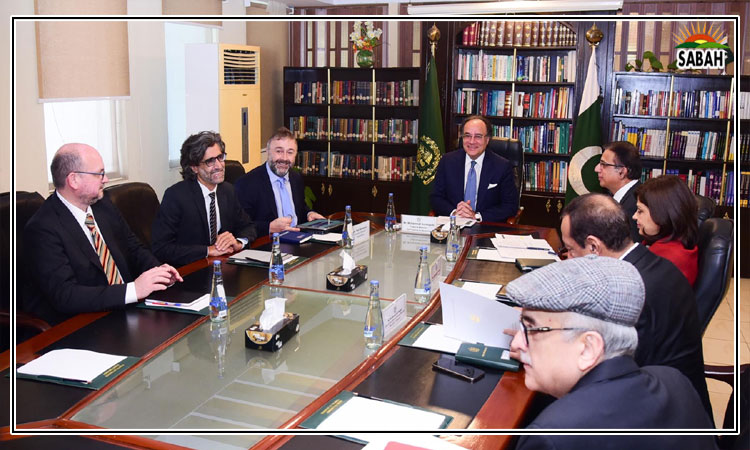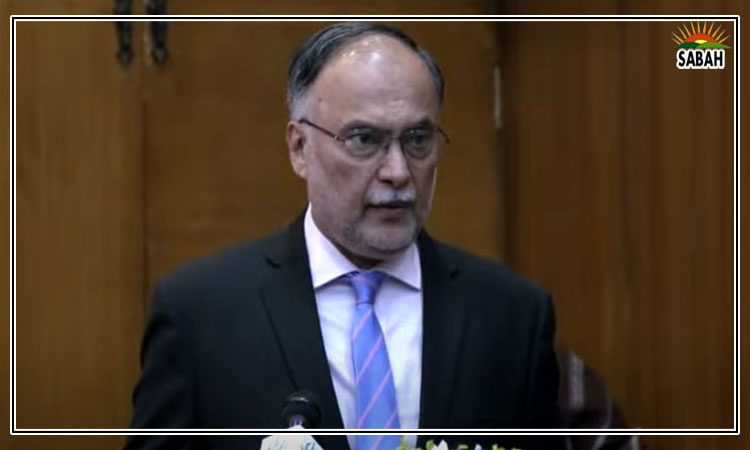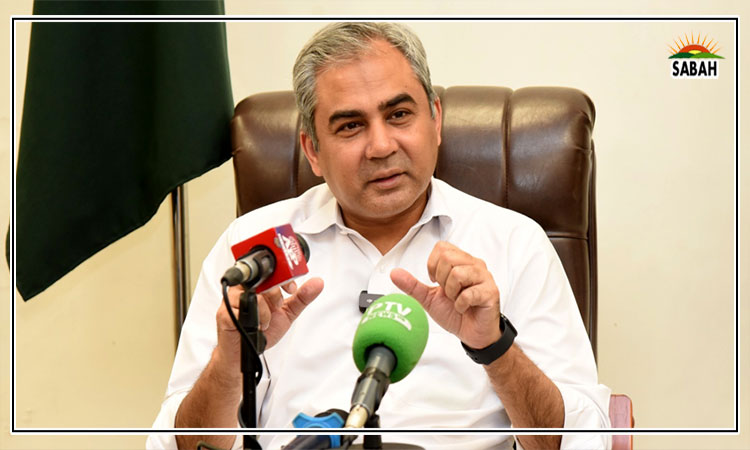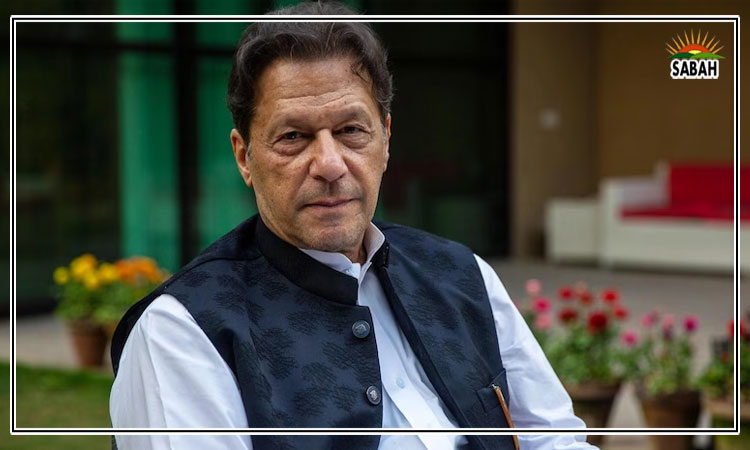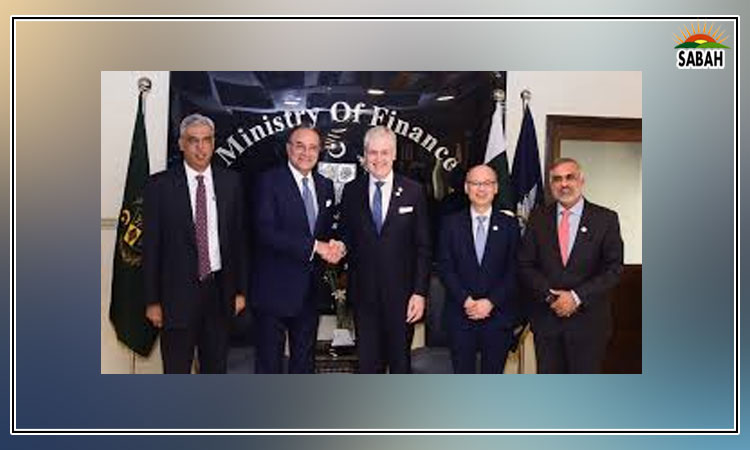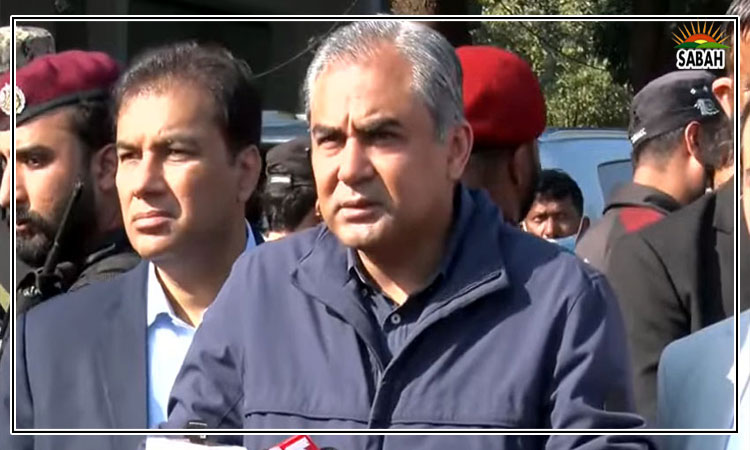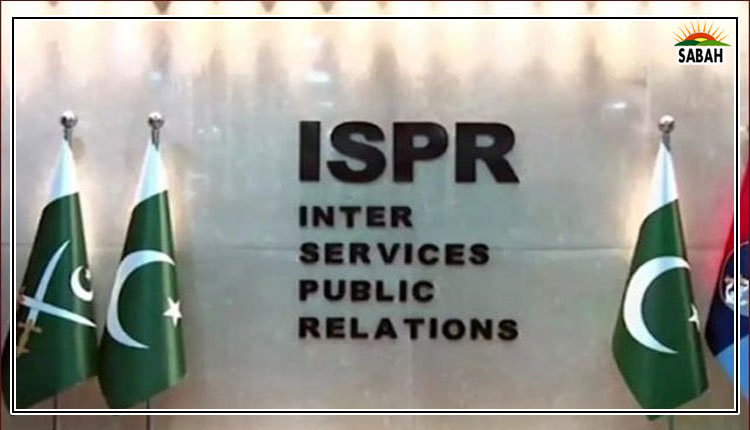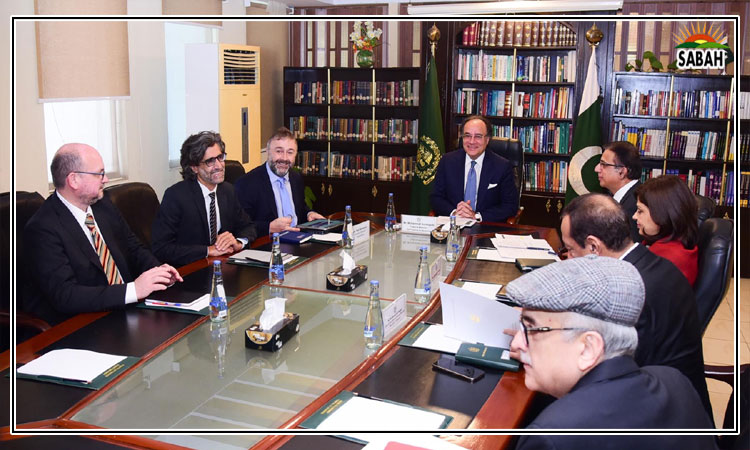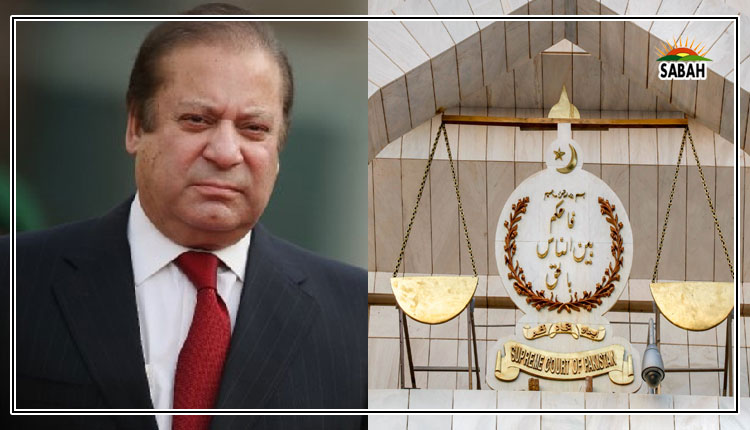Apex court raises questions on targeting only one family in Panama papers case
ISLAMABAD, June 9 (SABAH): The Supreme Court of Pakistan’s senior judge Justice Sardar Tariq Masood observed on Friday that establishing offshore companies is “no crime”, while hearing a Jamaat-e-Islami (JI) plea seeking action against all 436 Pakistanis named in the 2016 Panama Papers. The Apex court has also raised questions on targeting only one family in Panama papers case. Justice Sardar Tariq Masood has remarked that the Supreme Court did against Mian Muhammad Nawaz Sharif in Panama papers case which was even not written and disqualified him while doing extra work while exceeding from the application. Justice Sardar Tariq Masood now ideology about the Article 184-3 has been changed and now the question arises whether application is maintainable under Article 184-3 or not?
On November 3, 2017, the JI had, through an application, reminded the court of its pending petition filed by party Emir Sirajul Haq in August 2016.
The hearing on Friday was presided over by a two-member bench comprising Justice Sardar Tariq Masood with Justice Aminuddin Khan. Advocate Ishtiaq Ahmed Raja was representing the JI in court. Emir Jamaat-e-Islami Pakistan Sirajul Haq, Deputy Chief of JI and former MNA Mian Muhammad Aslam, Anjuman-e-Tajiran Pakistan President Muhammad Kashif Chaudhry and other JI leaders were also present in the courtroom.
During the proceedings, the JI counsel requested the court to form a judicial commission to investigate those named in the Panama Papers. However, Justice Sardar Tariq Masood raised the question of how it could be done when other institutions existed to be approached for the matter. Subsequently, the apex court adjourned the hearing for a month.
At the outset of the hearing, the JI counsel Ishtiaq Ahmed Raja requested the apex court to constitute a judicial commission to further probe the Panama Papers case.
Justice Masood, while addressing the JI counsel, noted that the matter had been pending in the Supreme Court for the past seven years.
“Did you have to run a case against just one family? You had no interest in this case for the past seven years,” he said.
Justice Sardar Tariq Masood further asked the lawyer why he had “delinked his petition” and why he had “not taken such a big relief from the five-member bench” that was previously hearing the case in 2017.
Upon this, Ishtiaq Ahmed Raja replied, “We want that the 436 people named in the Panama [Papers] are also investigated.”
To this, Justice Masood asked, “Why do you want to bypass the law? Should we close down all other institutions? Do you want all decisions to be made by the Supreme Court?
The top court judge observed, “Establishing offshore companies is no crime. How the offshore companies were established would be looked upon by the institutions.”
Here, Justice Aminuddin Khan highlighted, “We will not take any suo motu notice. [We] wish to say a lot of things but we will not.”
Addressing the JI counsel, Justice Masood went on to remark, “You remembered after seven years that it is a matter of public interest?
“At that time, a case was proceeding against a single family. That was also the Panama matter, this is also the Panama matter,” he added.
The judge asked, “Why did you not say in front of this court back then that it is everyone’s matter [and] it should be heard simultaneously?”
Justice Masood told Advocate Ishtiaq: “At that time, was this matter delisted upon your request? I do not want to say but it seems like something else to me.”
Reiterating that the 2017 bench had given him “such a big relief”, the apex court justice once again asked the JI lawyer why he did not ask the court to hear this case along with another.
He further asked, “Did you request any institution in [these] seven years that investigations be conducted? Where did you fulfil your responsibility?”
Recalling the JI’s plea to direct the relevant institutions to investigate those involved in the Panama Papers, Justice Masood said, “You did not complain to any institution in these seven years. Now, should the Supreme Court do all the work here?
“How can we order action against the 436 people without sending them a notice? There must be businessmen among the 436 people. Do you want to make them flee?”
Once again noting that “establishing offshore companies is no crime”, the justice observed, “What has to be reviewed is how that company was established. Issuing such an order against 436 people would be against justice.”
At one point during the hearing, the Supreme Court sought answers from the JI counsel as to how it could take action when the Federal Board of Revenue (FBR), the State Bank of Pakistan (SBP), the National Accountability Bureau (NAB), Federal Investigation Agency (FIA) and Securities and Exchange Commission of Pakistan (SECP) already existed.
The court further asked, “If the Supreme Court constituted a judicial commission in the presence of these investigation institutions, then how will these [institutions] work?
It went on to recall that on Nov 3, 2016, the five-member bench of the same court had declared the Panama Papers case maintainable.
The court also raised the question of why were the relevant institutions — including the National Accountability Bureau (NAB), Federal Investigation Agency and the Anti-Corruption Establishment — not approached on the matter.
“If in the presence of statutory bodies, a commission was constituted, how will these bodies work? Can an order even be passed without hearing the 436 persons?” the judge asked.
“There must be business personalities among the 436 individuals, do you want to drive them away? Creating an offshore company is not a crime, it is seen how the company was created that is to be the point of concern. Issuing such orders against 436 persons would be injustice,” remarked Justice Masood.
The JI’s counsel pleaded that the petitioners sought an investigation into the accused, but Justice Masood in response wondered why they wished to “bypass the law”.
“Should we shut down all other institutions?” he asked, “do you want the SC to decide all matters?” “How the off-shore companies were formed is to be investigated by the concerned institutions,” the judge stressed.
The JI lawyer said that the petitioners “do not intend to target anyone”.
“But they did target someone back then,” retorted Justice Mansoor. “When the SC sits above all and passes judgments, what are all the other institutions supposed to do?”
Justice Khan seconded his views by saying that “we will not take any suo motu notices here”. “One wishes to say a lot more but we will show restraint,” he added.
Justice Mansoor also said that in other judgments, “the SC even did things that were not even written. It even went ahead with the disqualification.”
The court urged the petitioners to approach the relevant authorities instead while seeking further replies from the JI.
The JI’s lawyer then sought more time from the court to prepare. Subsequently, the proceedings were adjourned for one month.


